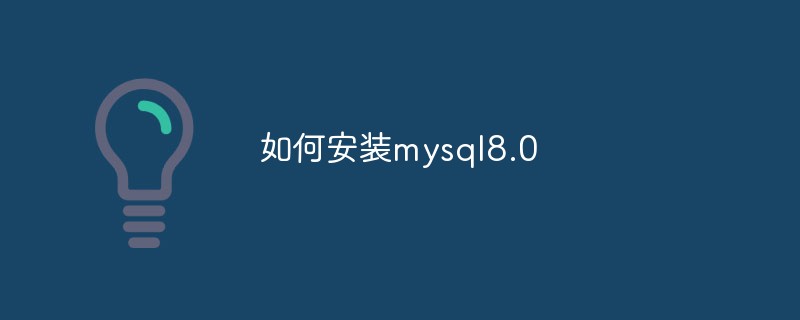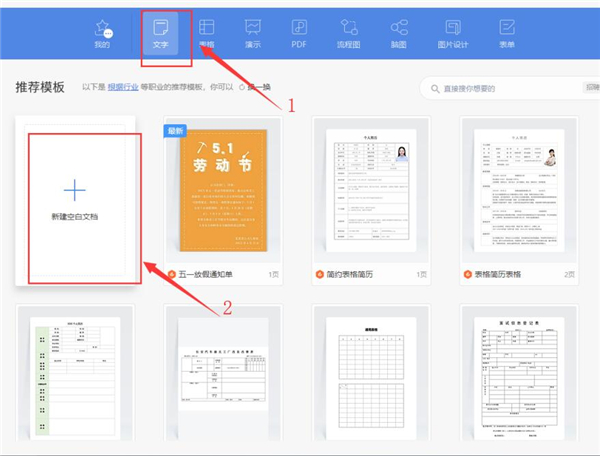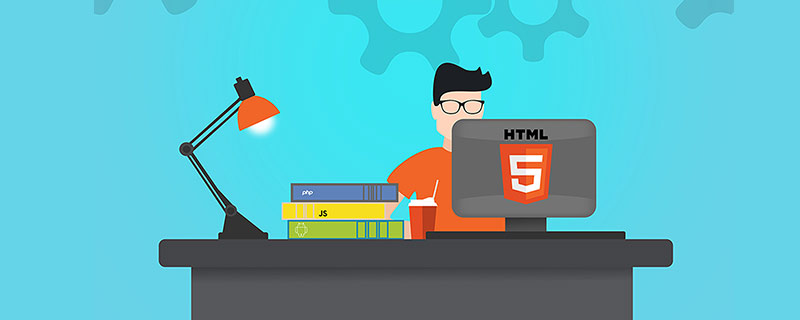Science must ‘push copyright aside’
时间:2006-05-15
来源:khyang
Science must ‘push copyright aside’ It should be a truism that the scientific literature exists to disseminate scientific knowledge, and that scientific journals exist to facilitate the process. It therefore follows that rules for use of the scientific literature should be designed to help achieve that goal. The rules we have now, known as copyright, were established in the age of the printing press, an inherently centralized method of mass-production copying. In a print environment, copyright on journal articles restricted only journal publishers — requiring them to obtain permission to publish an article — and would-be plagiarists. It helped journals to operate and disseminate knowledge, without interfering with the useful work of scientists or students, either as writers or readers of articles. These rules fit that system well. The modern technology for scientific publishing, however, is the World Wide Web. What rules would best ensure the maximum dissemination of scientific articles, and knowledge, on the Web? Articles should be distributed in non-proprietary formats, with open access for all. And everyone should have the right to ‘mirror’ articles; that is, to republish them verbatim with proper attribution. These rules should apply to past as well as future articles, when they are distributed in electronic form. But there is no crucial need to change the present copyright system as it applies to paper publication of journals because the problem is not in that domain. Unfortunately, it seems that not everyone agrees with the truisms that began this article. Many journal publishers appear to believe that the purpose of scientific literature is to enable them to publish journals so as to collect subscriptions from scientists and students. Such thinking is known as ‘confusion of the means with the ends’. Their approach has been to restrict access even to read the scientific literature to those who can and will pay for it. They use copyright law, which is still in force despite its inappropriateness for computer networks, as an excuse to stop scientists from choosing new rules. For the sake of scientific cooperation and humanity’s future, we must reject that approach at its root — not merely the obstructive systems that have been instituted, but the mistaken priorities that inspired them. Journal publishers sometimes claim that on-line access requires expensive high-powered server machines, and that they must charge access fees to pay for these servers. This ‘problem’ is a consequence of its own ‘solution’. Give everyone the freedom to mirror, and libraries around the world will set up mirror sites to meet the demand. This decentralized solution will reduce network bandwidth needs and provide faster access, all the while protecting the scholarly record against accidental loss. Publishers also argue that paying the editors requires charging for access. Let us accept the assumption that editors must be paid; this tail need not wag the dog. The cost of editing for a typical paper is between 1% and 3% of the cost of funding the research to produce it. Such a small percentage of the cost can hardly justify obstructing the use of the results. Instead, the cost of editing could be recovered, for example, through page charges to the authors, who can pass these on to the research sponsors. The sponsors should not mind, given that they currently pay for publication in a more cumbersome way through overhead fees for the university library’s subscription to the journal. By changing the economic model to charge editing costs to the research sponsors, we can eliminate the apparent need to restrict access. The occasional author who is not affiliated with an institution or company, and who has no research sponsor, could be exempted from page charges, with costs levied on institution-based authors. Another justification for access fees to online publications is to fund conversion of the print archives of a journal into on-line form. That work needs to be done, but we should seek alternative ways of funding it that do not involve obstructing access to the result. The work itself will not be any more difficult, or cost any more. It is self-defeating to digitize the archives and waste the results by restricting access. The US Constitution says that copyright exists "to promote the progress of science". When copyright impedes the progress of science, science must push copyright out of the way. |
|
|
Richard Stallman is the founder of the GNU project, launched in 1984 to develop the free operating system GNU (an acronym for ‘GNU’s Not Unix’), and thereby give computer users the freedom that most of them have lost. GNU is free software: everyone is free to copy it and redistribute it, as well as to make changes either large or small. The GNU/Linux system, combining the GNU system and the Linux kernel, has an estimated 17 to 20 million users. Stallman was awarded a MacArthur Foundation fellowship in 1990. Copyright 2001 Richard Stallman. Verbatim copying and redistribution of this entire article are permitted in any medium provided the copyright notice and this notice are preserved |
科学必须摒弃版权
理查德・斯多尔曼(Richard Stallman)
科学文献的存在是为了广泛传播科学知识,而科学刊物的存在是为了便利这个过程,这应该是一个不言而喻的道理。那么,科学文献的使用规则应该用来帮助达到上述目的。
我们所知的规则,称为版权,是在印刷机时代制定的,那是一个内在地集中的大规模印刷的方法。在印刷环境中,期刊上文章的版权仅仅限制刊物发行者----要求他们获得许可才能刊登文章----以及打算剽窃的人。它帮助经营刊物并传播知识,同时不干涉要么是作者要么是读者的科学家和学生的有用的劳动。这些规则很适合那种体系。
然而,科学出版界的现代技术是万维网。什么样的规则才能最有力地保证科学论文和知识在网上传播的最大化呢?文章应该以非专有的形式刊登,让所有人都可以透明地使用。而且每个人都要有权镜像文章,即附加合适的属性,一字不差地重新刊登。
这些规则应当适用于不管过去还是将来的文章,只要它们是以电子格式发表的。但是,在刊物的纸质发行界并不需要迫切地改变现行版权系统,因为问题不在这个领域。
不幸的是,似乎并非每个人都同意文章开头提出的真理。许多期刊发行商似乎认为科学文献的宗旨是使他们能够发行刊物从而得到科学家和学生的订阅。这样的想法称做“目的和方法的混淆”
他们的做法是限制科学文献的使用,更有甚者把科学文献提供给有能力并愿为此付费的人。他们用版权法律----尽管在计算机网络领域不合理但依然在实施----作为借口来阻止科学家选择新规则。
为了科学合作和人类的未来,我们必须从根本上拒绝这种行为----不只是已制定的阻碍我们的体系,还有鼓动他们的错误的先入之见。
期刊出版商有时声称在线访问需要昂贵的高耗电的服务器,他们必须索取使用费来支付服务器费用。这个问题是它本身的解决方案的结果。给每个人镜像的自由,世界各地的图书馆将会建立起镜像站点来满足需要。这种分散化的解决方法将会降低网络带宽需求,提供更快的访问,同时保护学术研究资料免遭意外损失。
他们又会说,支付编辑人员要求付费才能访问。让我们接受必须给编辑付钱这个假设;这是不会影响大局的。一份典型报纸的编辑费用是生产出它所立项目投资的1%至3%。如此小部分的费用很难作为限制结果使用的正当理由。
相反,编辑费用可设法补偿,例如,通过对作者收取页面费用,而作者可以把这些费用转嫁到研究赞助者身上。赞助者并不会介意他们正在用一种更麻烦的方式,即通过给大学图书馆订阅期刊的中间费用,为出版物掏钱。改变经济模型,向研究赞助人收取编辑费,我们可以消除限制访问的并非真正的需要。偶有作者不隶属于某个机构或公司,也没有研究赞助者,可以免除页面收费----只向隶属某机构的作者收费。
另一个为在线读物收费的理由是:把纸质刊物转换成在线方式需要资金。这项工作必须完成,但我们应寻求不妨碍结果使用的其他方式来筹资。工作本身不会更困难,也不会花更多的钱。把档案数字化然后通过限制访问浪费成果不啻自扳台脚。
美国宪法上说,版权的存在是"为了推动科学的进步"。当版权阻碍科学进步时,科学必须摒弃版权。
理查德・斯多尔曼是GNU工程的创始人。GNU工程启动于1984年,旨在开发自由操作系统GNU(GNU's Not Unix的首字母缩写),从而给予大多数计算机用户已失去的自由。GNU是自由软件:每个人可以都自由地复制,重新发行,也可以做或大或小的改动。GNU/Linux系统,以及GNU系统和Linux内核,估计有1700万至2000万用户。1990年,斯多尔曼被授予麦克阿瑟基金会奖金。
版权所有 2001年 理查德・斯多尔曼
允许在不改变内容的前提下对本文以任何形式复制和重新刊登,但必须 附有版权信息 和此声明。
热门阅读
-
 office 2019专业增强版最新2021版激活秘钥/序列号/激活码推荐 附激活工具
office 2019专业增强版最新2021版激活秘钥/序列号/激活码推荐 附激活工具
阅读:74
-
 如何安装mysql8.0
如何安装mysql8.0
阅读:31
-
 Word快速设置标题样式步骤详解
Word快速设置标题样式步骤详解
阅读:28
-
 20+道必知必会的Vue面试题(附答案解析)
20+道必知必会的Vue面试题(附答案解析)
阅读:37
-
 HTML如何制作表单
HTML如何制作表单
阅读:22
-
 百词斩可以改天数吗?当然可以,4个步骤轻松修改天数!
百词斩可以改天数吗?当然可以,4个步骤轻松修改天数!
阅读:31
-
 ET文件格式和XLS格式文件之间如何转化?
ET文件格式和XLS格式文件之间如何转化?
阅读:24
-
 react和vue的区别及优缺点是什么
react和vue的区别及优缺点是什么
阅读:121
-
 支付宝人脸识别如何关闭?
支付宝人脸识别如何关闭?
阅读:21
-
 腾讯微云怎么修改照片或视频备份路径?
腾讯微云怎么修改照片或视频备份路径?
阅读:28
















